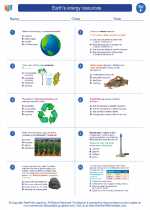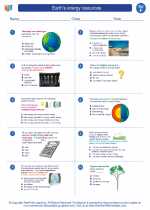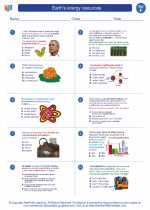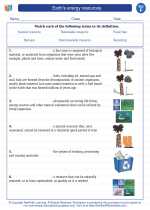Obstetrics
Obstetrics is the branch of medicine that focuses on the care of women during pregnancy, childbirth, and the postpartum period. Obstetricians are medical doctors who specialize in providing prenatal care, managing labor and delivery, and caring for women after childbirth. This field also involves the study of fetal development, pregnancy complications, and childbirth techniques.
Key Concepts in Obstetrics:
- Prenatal Care: The medical care and guidance provided to pregnant women to ensure a healthy pregnancy for both the mother and the baby.
- Labor and Delivery: The process of childbirth, including the stages of labor, monitoring the mother and baby's health, and managing any complications that may arise.
- Postpartum Care: The care provided to women after childbirth, including monitoring for any postpartum complications and supporting the mother's recovery.
- Fetal Development: The study of how a fetus grows and develops throughout pregnancy, including the monitoring of fetal health and the detection of any abnormalities.
- Pregnancy Complications: The identification and management of health issues that may arise during pregnancy, such as high blood pressure, gestational diabetes, and preterm labor.
- Childbirth Techniques: The various methods and techniques used to facilitate a safe and smooth delivery, including natural childbirth, medicated childbirth, and cesarean sections.
Study Guide for Obstetrics:
When studying obstetrics, it's important to understand the following key topics:
- The stages of pregnancy and fetal development
- Common prenatal screenings and tests
- Complications that can arise during pregnancy and their management
- Signs of labor and the stages of childbirth
- Medical interventions during labor and delivery
- Postpartum care and recovery for the mother
It's also helpful to familiarize yourself with the role of an obstetrician, including their responsibilities in providing prenatal care, managing labor and delivery, and supporting new mothers during the postpartum period.
Lastly, understanding the importance of patient education and communication in obstetrics is crucial, as it plays a significant role in promoting the well-being of both the mother and the baby.
By mastering these key concepts and topics, you'll have a solid foundation in obstetrics and be well-prepared to further explore this important field of medicine.
.◂Science Worksheets and Study Guides Sixth Grade. Earth's energy resources

 Worksheet/Answer key
Worksheet/Answer key
 Worksheet/Answer key
Worksheet/Answer key
 Worksheet/Answer key
Worksheet/Answer key
 Vocabulary/Answer key
Vocabulary/Answer key
